Handling Water Contamination During Hurricanes
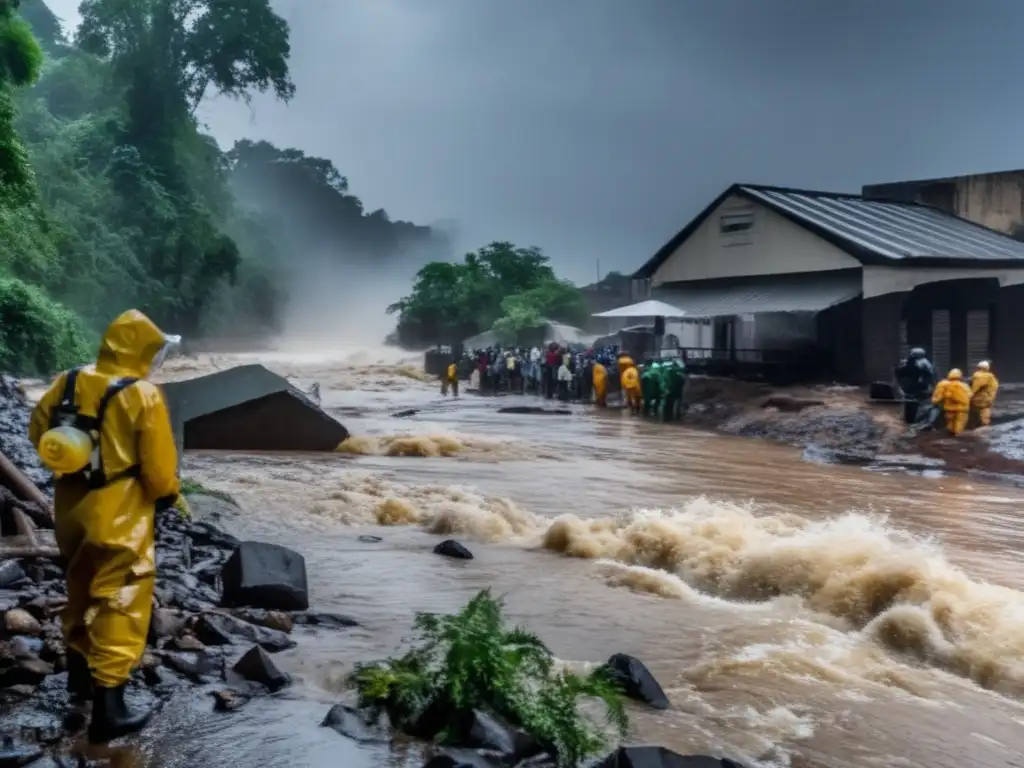
Handling Water Contamination During Hurricanes
Introduction
One of the most dangerous consequences of hurricanes is water contamination caused by floods, storm surges, and other effects of these powerful weather phenomena. These contaminants can include sewage, chemicals from industrial plants, oil spills, animal carcasses, and other hazardous materials, posing significant risks to public health and the environment. Knowing how to handle water contamination during hurricanes can make a significant difference in keeping yourself and your loved ones safe.
The Dangers of Water Contamination During Hurricanes
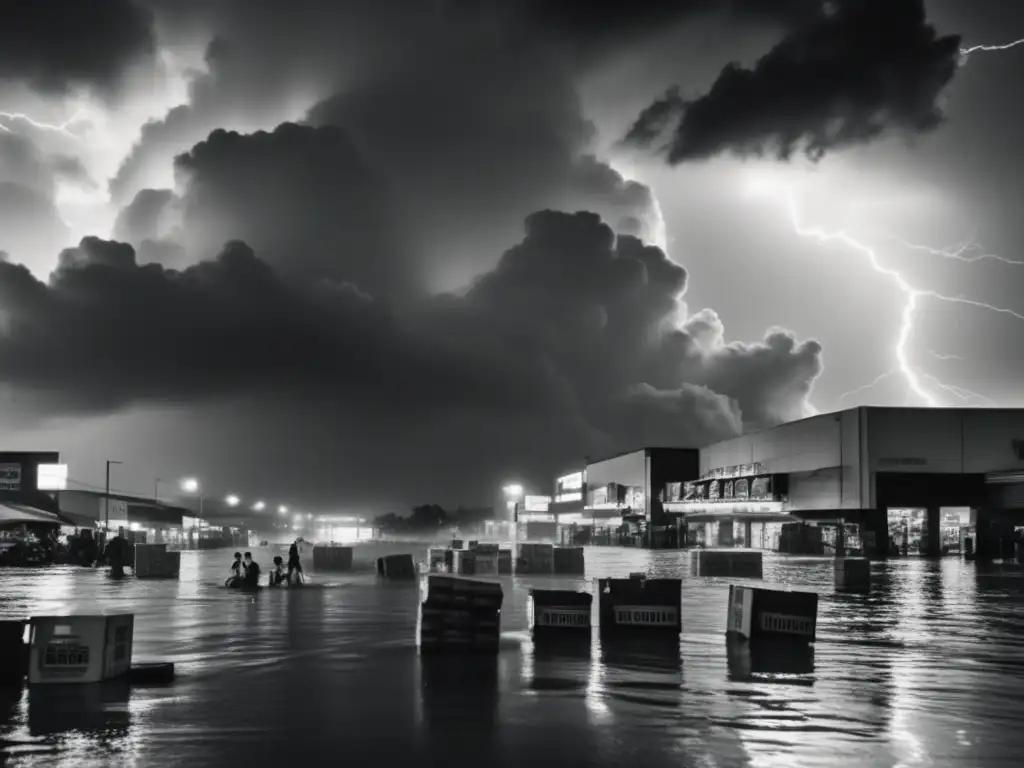
The Risks of Exposure to Contaminated Water
Exposure to contaminated water during or after a hurricane can lead to a range of illnesses, including skin rash, diarrhea, vomiting, fever, and even death, depending on the severity of the contamination and the duration of exposure. Children, seniors, pregnant women, and people with weakened immune systems are particularly vulnerable to these health risks. The dangers of contaminated water also extend to pets and wildlife, which can die or suffer serious harm if they drink or come into contact with polluted water.
The Risks of Spreading Contaminants
Water contamination during hurricanes also poses significant risks to the environment and the ecosystem. Polluted water can kill fish and other aquatic creatures, damage coral reefs, and contaminate drinking water sources for humans and animals alike. Moreover, contaminated water can spread infectious diseases, such as cholera, typhoid fever, and hepatitis, if not treated promptly and properly. Therefore, it is crucial to take appropriate measures to handle water contamination during and after hurricanes to minimize these risks.
The Challenges of Water Contamination Relief Efforts
Relief efforts for water contamination during hurricanes can be complex and difficult to coordinate. Clean water sources may be scarce or contaminated themselves, trucks and other transportation means may not be available due to flooding or roadblocks, and treatment facilities may be overwhelmed or damaged by the hurricane's impact. In many cases, it can take days or even weeks before clean water is restored, making preparedness and prevention essential to minimize the risks of water contamination during hurricanes.
Prevention and Preparedness Strategies for Water Contamination During Hurricanes
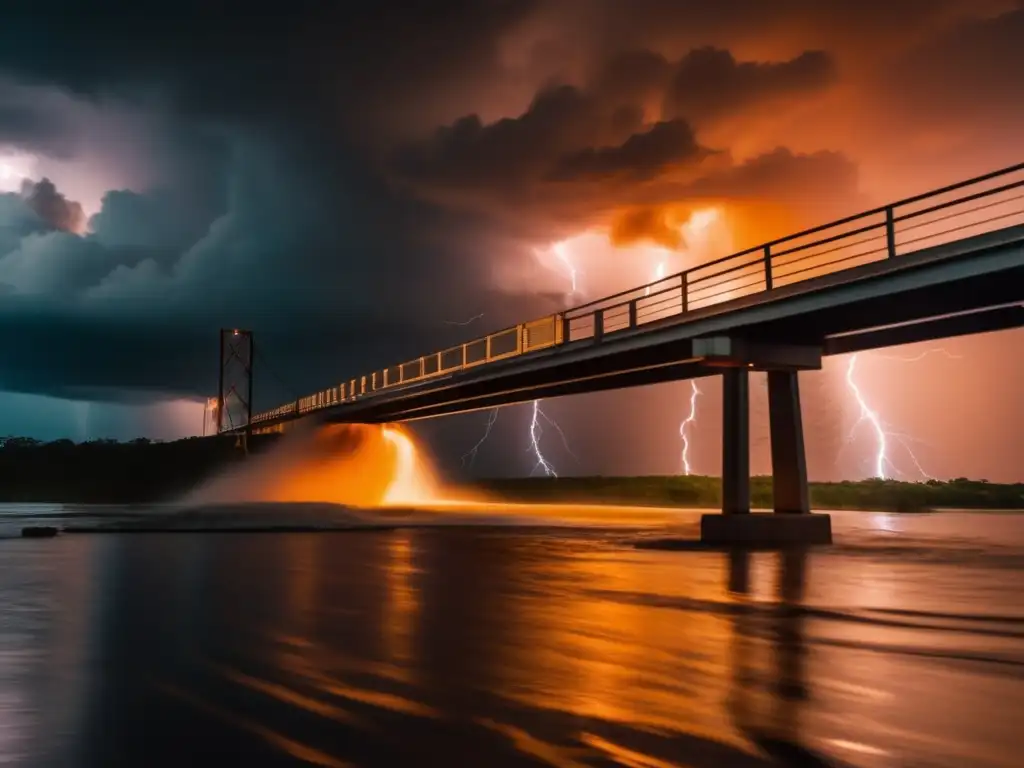
Before the Hurricane
One of the best ways to handle water contamination during hurricanes is to prevent it from happening in the first place. Here are some strategies to consider before the hurricane season:
- Stay informed about potential hurricanes: Subscribe to local weather alerts and stay up-to-date on storm tracks and forecasts.
- Check your home's water system: Make sure your water supply comes from a safe source and can withstand flooding and other hurricane-related hazards.
- Stockpile clean water: Store at least one gallon of clean water per person per day for at least three days, along with water purification tablets or other treatment methods.
- Protect your water sources: Ensure that wells, cisterns, and other water sources are securely covered and sealed to prevent contamination.
- Prepare for evacuation: If you live in a hurricane-prone area, make sure you have a disaster kit with essential supplies, including clean water, food, medications, and first aid kits.
During the Hurricane
During a hurricane, the risks of water contamination are high, and access to clean water may be limited or nonexistent. Here are some tips to follow:
- Avoid contact with flood waters: Stay away from flooded areas, as they can be contaminated with sewage, chemicals, and other hazardous materials.
- Use bottled water: If you don't have access to clean water, use bottled water for drinking, cooking, and cleaning.
- Boil water if necessary: If no bottled water is available, boil tap water for at least one minute before use to kill bacteria and other harmful organisms.
- Use water purification tablets or filters: If boiling water is not an option, use water purification tablets or filters to remove contaminants.
- Seek medical attention if necessary: If you experience any symptoms of waterborne illnesses, such as fever, diarrhea, or vomiting, seek medical attention immediately.
After the Hurricane
After a hurricane, water sources may be contaminated with a variety of substances, making it essential to take appropriate measures to handle water contamination. Here's what you can do:
- Wait for official guidance: Wait until authorities advise that the water supply is safe before drinking tap water or using it for cooking or cleaning.
- Boil water: Boil tap water for at least one minute before use until the authorities confirm it's safe to drink.
- Use bottled water: Continue to use bottled water until the water supply is confirmed safe.
- Clean and disinfect water storage tanks: If you have a water storage tank, clean and disinfect it before refilling it with safe water.
- Avoid throwing hazardous waste in the trash: Properly dispose of any hazardous materials, such as batteries, chemicals, and oil, to avoid contaminating the environment.
Frequently Asked Questions
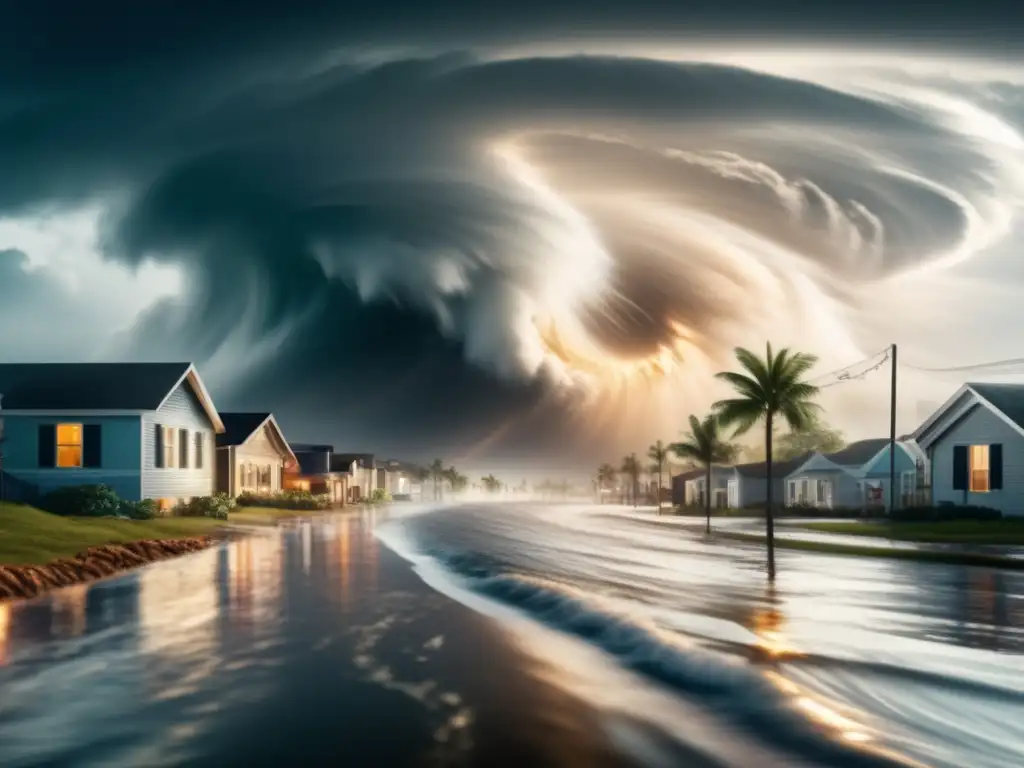
-
How long can I survive without clean water during a hurricane?
It depends on various factors, such as your age, health status, physical activity, and environmental conditions. However, it's essential to drink clean water regularly to prevent dehydration, which can lead to various health problems.
-
Can I use tap water during a hurricane if I boil it first?
Boiling tap water for at least one minute can kill most types of bacteria and other harmful organisms, but it may not remove all contaminants, such as chemicals. It's best to follow official guidance from authorities before using tap water after a hurricane.
-
What should I do if I have been exposed to contaminated water during a hurricane?
Seek medical attention immediately if you experience any symptoms of waterborne illnesses, such as fever, diarrhea, or vomiting. It's essential to get prompt treatment to avoid complications.
-
How can I ensure my well water is safe during a hurricane?
Before a hurricane, make sure your well is securely covered and protected from flooding and other hazards. After the hurricane, wait until authorities confirm that the water is safe before using your well water or have it tested by a certified laboratory.
-
What can I do to help prevent water contamination during hurricanes?
You can reduce the risks of water contamination during hurricanes by taking appropriate measures before, during, and after the storm. Some strategies include staying informed, protecting your water sources, stockpiling clean water, avoiding flood waters, and following official guidance from authorities.
Conclusion
Handling water contamination during hurricanes requires knowledge, preparation, and vigilance. By following the prevention and preparedness strategies outlined above and staying informed about potential risks, you can help minimize the dangers of contaminated water and protect yourself and your loved ones. Remember that the effects of water contamination during hurricanes can be severe and long-lasting, affecting not only human health but also the environment and the ecosystem. Therefore, it's essential to take this issue seriously and act accordingly.
We hope this article has provided you with valuable insights into handling water contamination during hurricanes. At HurricaneInsider.org, we're committed to providing comprehensive information on hurricanes and related topics, so stay tuned for more useful content. Don't hesitate to share your thoughts and comments below and support us by subscribing and sharing this article with your friends and family.
Additional Resources
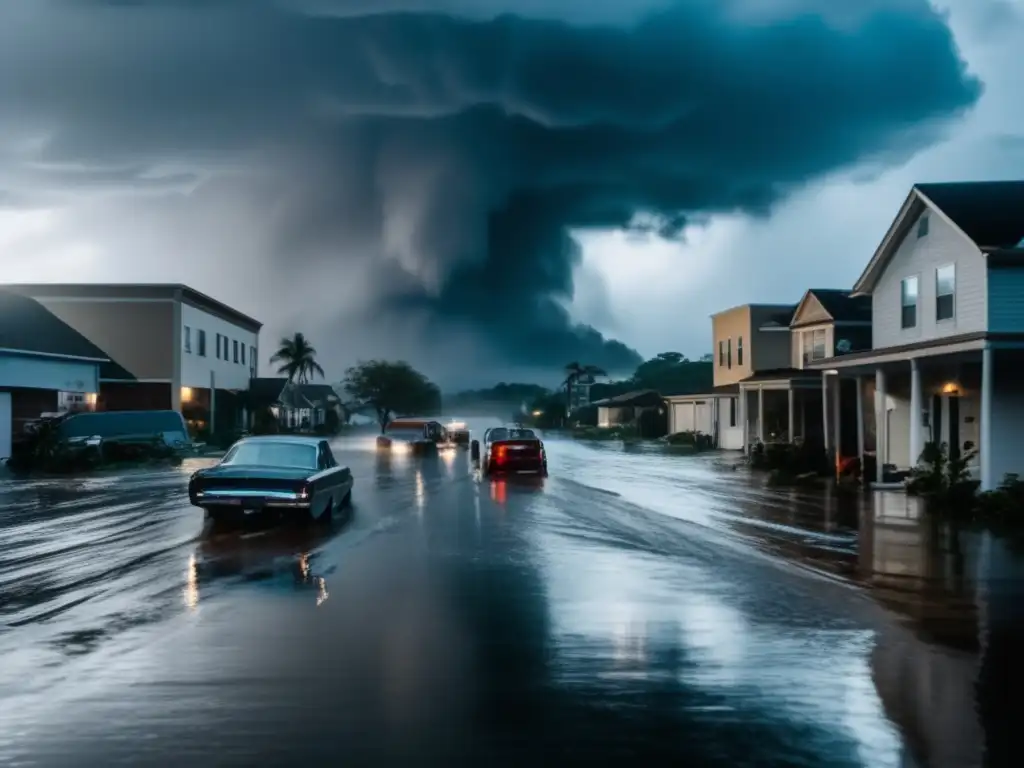
 Keeping Your Green Friends Safe: Caring For Plants During Hurricanes
Keeping Your Green Friends Safe: Caring For Plants During Hurricanes Wrenches And Pliers (for Turning Off Utilities)
Wrenches And Pliers (for Turning Off Utilities)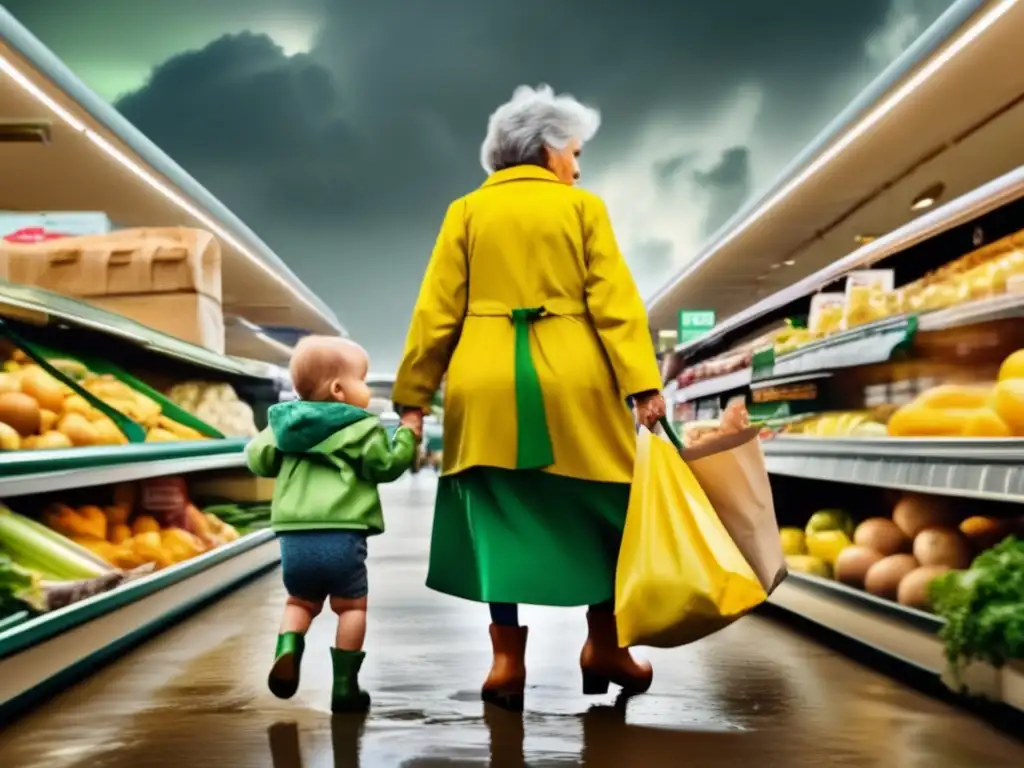 Preparing Elderly Relatives For Hurricanes
Preparing Elderly Relatives For HurricanesIf you want to discover more articles similar to Handling Water Contamination During Hurricanes, you can visit the Hurricane preparedness: category.
Leave a Reply

Articulos relacionados: